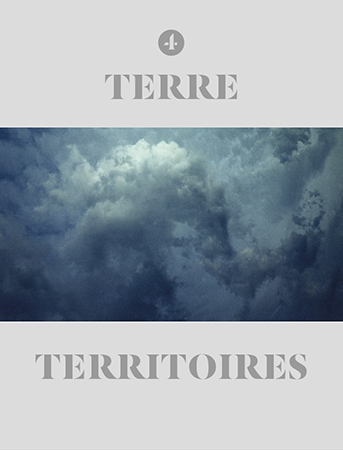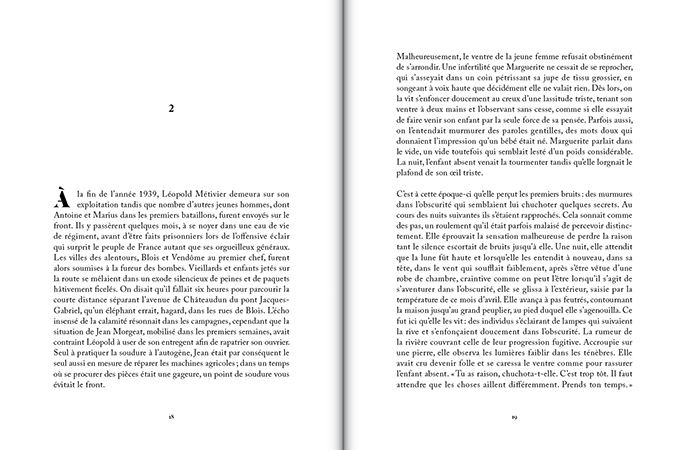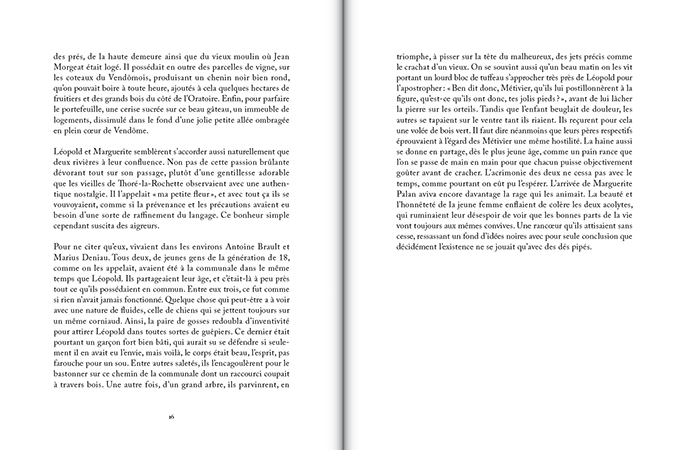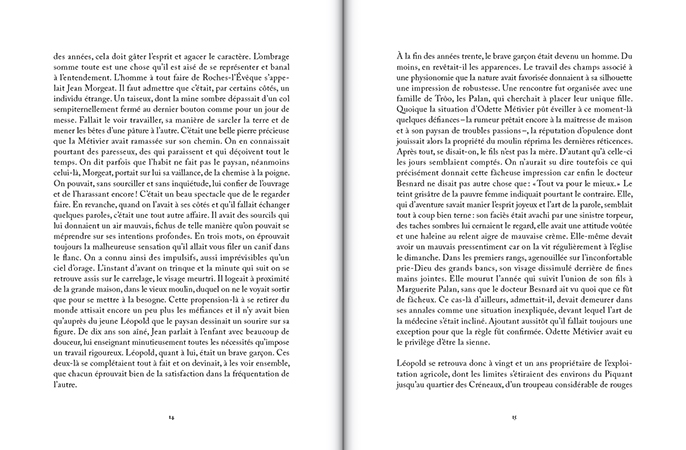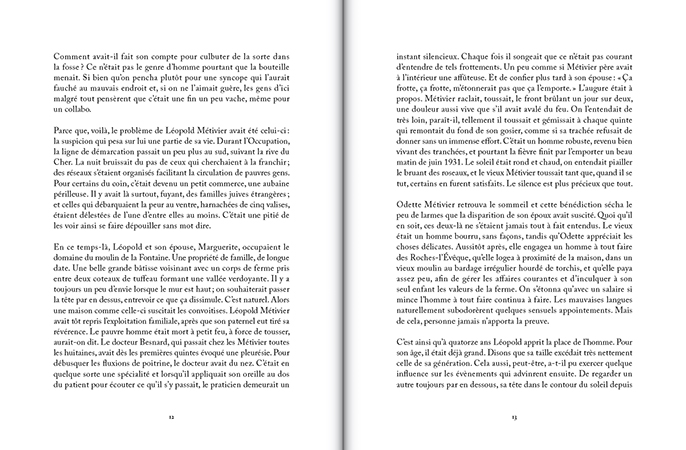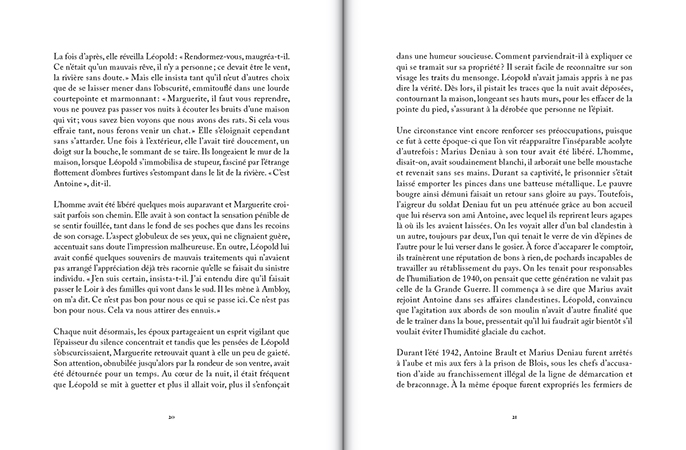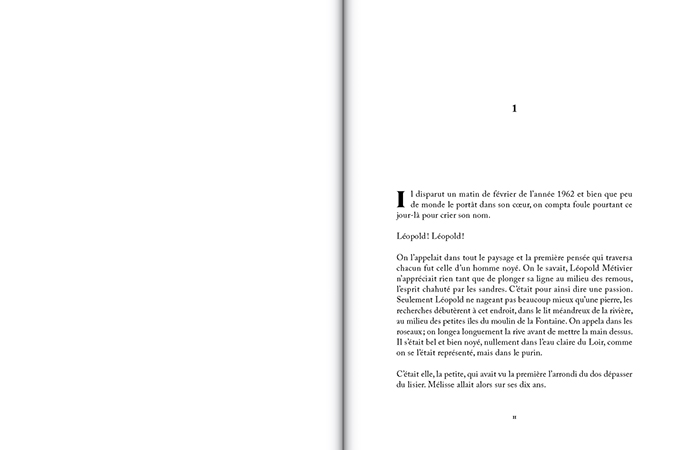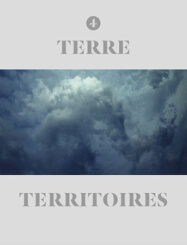This work is the fourth installment in the Terre & Territoires collection.
It is said that the photographer writes with light. Except here, we have turned off the light, leaving only the imagination. And writing. Julien Coquentin, a photographer skilled in observing territories, took on the challenge: not to photograph. To write.
What happens to images when a photographer is deprived of his tool? When all he has left are his eyes in unfamiliar territory and the substance of his imagination? With the freedom offered by carte blanche, the photographer forced himself and chose the form of a novel. What did he make of the territory? What did he make of reality? Julien explores the shadowy aspects of human psychology, inspired by a master painting illuminated by candlelight to tell us about the fragility of existence.
In the Moulin de la Fontaine in Thoré la Rochette, nestled in the Loir Valley, a little girl grows up and traverses history from the 1940s to the present day. Julien’s story contains elements of crime fiction, fantasy, and tragedies, tenderness, and the passage of time. This work concludes a cycle of residencies supported by two structures in the Centre-Val de Loire region over four consecutive years.
GAST (guast, wast, vast, gat, gaast): n.m. – Devastation, plunder, damage, waste; devastated land, ravaged, uncultivated country; abandoned land, in a city or countryside; solitude. Julien’s story contains elements of crime fiction, fantasy, and tragedies, tenderness, and the passage of time. It is in the Moulin de la Fontaine in Thoré la Rochette, nestled in the Loir Valley, that a little girl grows up and traverses history from the 1940s to the present day. This work concludes a cycle of residencies supported by two structures in the Centre-Val de Loire region over four consecutive years.
Julien Coquentin
Auteur, Photographe
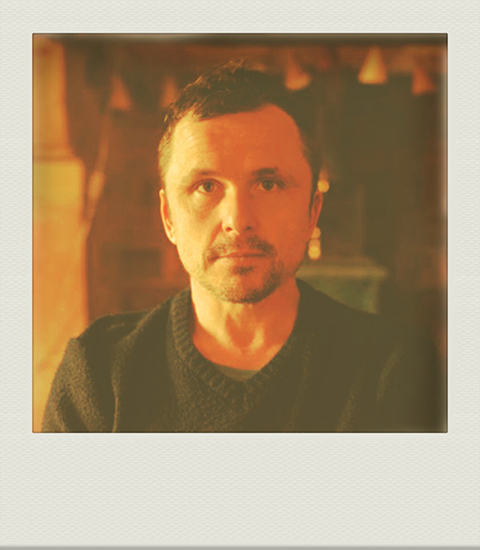
Julien Coquentin, born in 1976, dedicates his time to projects halfway between documentary and intimate photographic writing. His main series have all been published by Éditions Lamaindonne: In 2012, the urban wandering of two years in the streets of Montreal, “Tôt un dimanche matin,” then “Saisons noires” in 2016, a project in which he explored relationships with his homeland, “Tropiques” in 2019, a fiction blending photographs and short stories like a tale, and finally “Oreille coupée,” published in March 2023, a work constructed as an ecological and sociological investigation tracing the wolf in the Massif Central.
